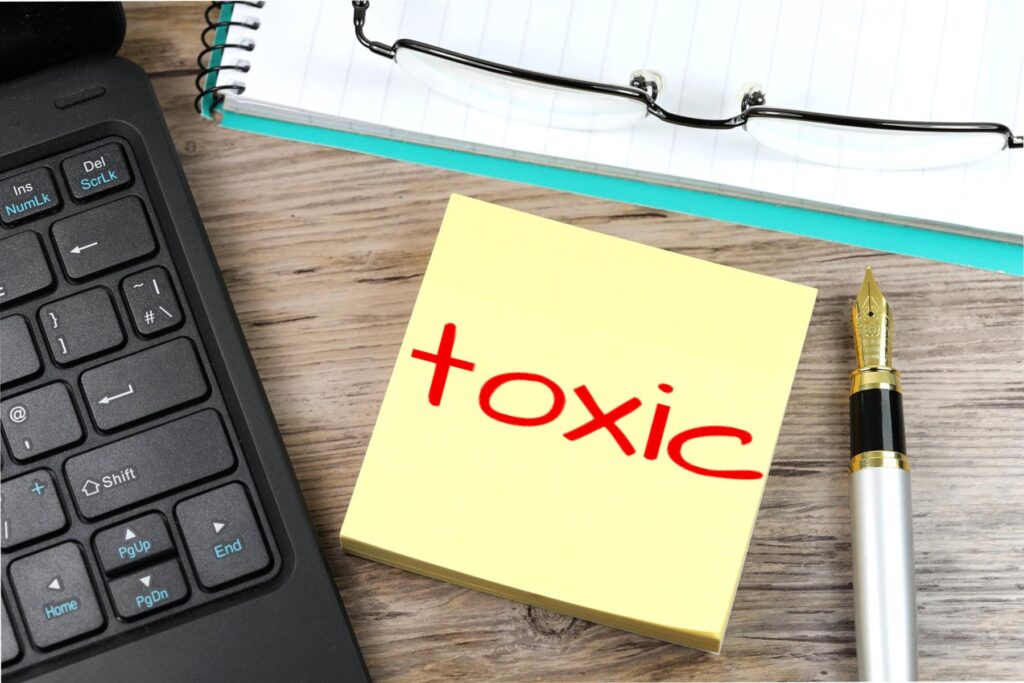Many of my clients are current or former TV news employees (one of the stops in my career history as well). In way too many cases, newsrooms are toxic environment full of overworked, under-respected, stressed out employees. They’re often struggling with mental health challenges because of these experiences and one of their top goals is to avoid finding themselves in the same situation again.
Mita Mallick’s HBR article, “How to Tell if a Workplace is Toxic” is a spectacular resource to check out if this is something you are concerned about.
Mallick highlights three things to look out for: a bad interview process, what current employees say (and don’t say), and the fact that lots of employees seem to be leaving, not joining. She gives a great list of language to watch out for in the interview process and question to ask as a follow up if you hear that language. She also talks about research you can do about the company before you accept an offer. And for the journalists reading this, asking follow-up questions, doing your research…these are the EXACT skills you have in abundance so this step in the job search is absolutely doable.
One specific thing she mentioned that I could see being a particular trap for TV journalists, in particular, is the job offer that requires an immediate response. We’re used to turning around a story in less than 8 hours and have honed the skill of making quick decisions. This is NOT the time to do that!
All of this awareness and research doesn’t guarantee that you won’t end up in a toxic environment. Things can change, the awesome boss who hired you can leave and be replaced by a jerk. The company can go through a reorganization or “move in a new direction”.
The HBR podcast, Women at Work, has numerous episodes to help if you find your work situation becoming toxic. I just recommended the episode “Getting Along with a Passive-Aggressive Gossip” to one of my clients and “Getting Along with a Biased Tormentor” is also helpful. Another podcast that could be helpful is “The Anxious Achiever with Morra Aarons-Mele.” In particular, I’d suggest the episode “Micromanaging, Mental Health, and Breaking Free.”
Handling a toxic situation (because not everyone can immediately leave their job for many reason) is important. But being strategic before you begin is even better so you don’t have to take the next step.

Toxic by Nick Youngson CC BY-SA 3.0 Alpha Stock Images